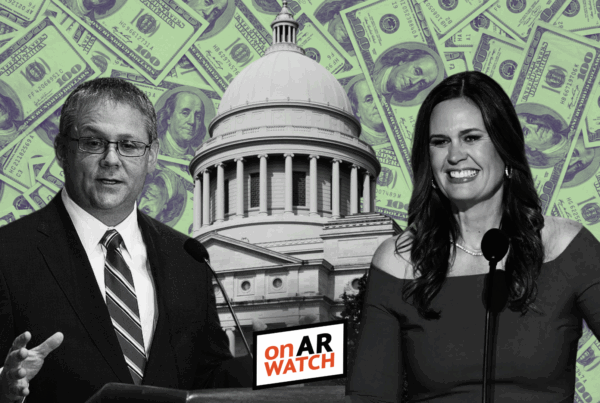Lorri Justice wants to be Chair of the Pulaski County GOP and a poll worker at the same time.
While not technically against the rules, it’s definitely against the spirit of the law.
State Board of Election Commissioners administrative rules, which are listed on the poll worker application, state:
Qualifications of Election Officials Designated as Poll Workers (Arkansas Code Ann. § 7-4-109):
• Must be a qualified elector of this state.
• Must be able to read and write the English language.
• Must be a resident of the precinct in which he or she serves at the time of his or her appointment, unless the county board determines unanimously that it is impossible to obtain qualified election officials from the precinct, in which case, the election official may be qualified county residents.
• Must not have been found guilty or pled guilty or nolo contendere to the violation of any election law of this state.
• Must not be paid employees of any political party.
• Must not be paid employees of any person running for office.
• Must not be a candidate for any office to be filled at an election while serving as an election official.
• Must not be married to or related within the second degree of consanguinity to any candidate running for office in the current election if objection to the service is made to the county board of election commissioners within ten calendar days after posting the list of election officials.
Those last four points should create an ethical dilemma for Chair Justice. While she may not be a paid employee, currently a candidate, currently paid by a candidate, or married to a candidate, she holds a position of GOP leadership in the state’s most populous county. The purpose of these four rules is to prevent overt partisanship from entering the processes of conducting our elections.
Justice might not be technically disqualified by these standards, but her role as a GOP county chair should raise concerns for any citizen who is committed to election integrity. County party leaders identify possible candidates and provide support. This is true whether it’s the primary season or the general election. Justice holds the highest elected position in the local body that supports one party’s candidates.
Complicating things further, Justice was a candidate for JP just last cycle. According to an NWA Democrat-Gazette piece about her race, Justice’s announcement that she was running stated: “I believe in the Republican Party principles and platform and vow to always vote according to our principles.”
This potential poll worker is not just registered as a Republican, she is a leader in the Republican Party and so committed to GOP principles that she vows to vote accordingly.
As an explicitly partisan leader, Lorri Justice should not be assisting voters on election day in any official capacity.
What election integrity is and is not
The integrity of our elections is only as strong as the integrity of the people who run them. The farther right or left an individual falls on the political spectrum, the more likely they may – unconsciously or not – bias their work toward their party.
Upholding the integrity of our elections is central to preserving democracy. Oftentimes “election integrity” is framed as a witch hunt rooted in misinformation. This is a direct attempt to undermine confidence in our elections and suppress turnout. Actual threats to election integrity are somewhat different. The reality is that thousands of voters were purged from the voter rolls last year, many of them without any warning or attempt to contact purged voters to let them re-register.
Electoral integrity is vitally important, and we have laws on the books to protect us from interference with eligible voters exercising their rights at the ballot box.
Poll worker rules are part of this protection. Recommendations for election integrity in poll worker selection are emerging in this age of hyper-partisanship. This area of research focuses on policies governing who can be a poll worker, how they are chosen, and whether partisan parity (equal division of party affiliation among workers) is required.
Even with required parity among parties, it’s important that we are vigilant against the threat of partisan influence in poll workers who are chosen.
There might not be a rule against a volunteer leader in a political party becoming a poll worker, but maybe there should be. While we wish we could expect the obvious ethical dilemma to be enough for this to be a non-issue, accountability is needed.
Local county party leaders have plenty of candidates to support and political work to do during elections. They have no place making decisions in the electoral process. No one with local party ties, let alone the Chair of a large county party, should be serving as a poll worker.
What to Do Now
The good news is that we the people can object to poll worker appointments. If you feel Lorri Justice, Chair of the Pulaski County GOP, should be disqualified from serving as a poll worker, make your opinion known in an official objection.
Simply email the Pulaski County Election Commission at pcec@votepulaski.net . The deadline to object is Tuesday, February 20, so send it in soon.
We want to thank a reader for this anonymous tip sent in an effort to preserve the integrity of our elections.






